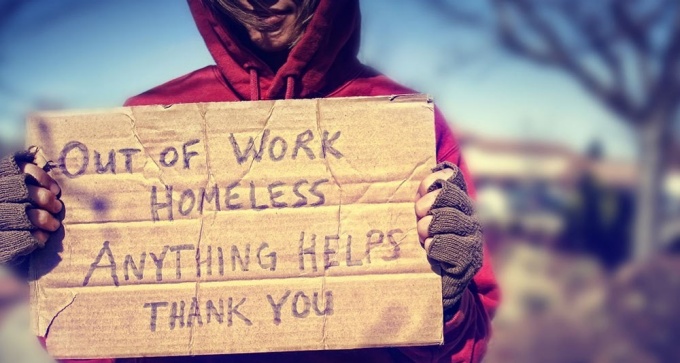Social Inequalities

UB sociologists and students explore the causes and consequences of social inequalities in the U.S. and around the world. Through the examination of cultural ideologies and practices (such as gendered parenting and bodywork practices), gendered, raced, and classed social institutions (including law, medicine, science, the labor market, and the military), and the unequal distribution of social advantages and disadvantages (such as pollution, crime, and affordable housing), scholars in this field untangle the complex web of intersectional inequality that characterizes contemporary social life.
Sub-fields
Race is a central axis of social inequality. It is a social construction, yet it is also a basic instrument for the unequal distribution of advantage and disadvantage: resources and penalties, opportunities and roadblocks. Faculty in this area examine the causes and consequences of racial inequality through analysis of, for example, the governance of social space, exposure to toxins, and military service.
Faculty
Socioeconomic class is an instrument of division as well as one of unification. It is a taught and performed identity, as well as a fundamental means by which resources are allocated. Faculty in this area examine how socioeconomic inequality shapes—and is shaped by—social dynamics such as urban development, academic achievement, employment, and economic change.
Faculty
Gender and sexuality are embedded in culture, policy, organizations, and institutions, as well as taught, performed, and resisted in everyday life. They are cultural straightjackets, but they are also sources of personal creativity, expression, and opposition. At the social level, however, they are mechanisms of inequality and discrimination. Faculty in this area examine how gender and sexuality shape—and are shaped by—social dynamics and institutions, including work, education, health, and well-being.
Faculty
Citizenship is a central mechanism of exclusion and inclusion. Who is allowed—and who is denied—access to the full rights (and obligations) of citizenship has expansive implications for individuals’ work, well-being, and families, as well as for society writ large. Faculty in this area examine multiple intersections between immigration and inequality, including residential segregation, homeownership, health, and environment.
Faculty
Bodies are not just vessels that we inhabit. They are vehicles of power, repression, and social control. Bodies thus shape not only how we see ourselves and how we interact with others, but also the opportunities and lived experiences we have. Faculty in this area examine the embodied experience and consequence of inequalities related to the body, including those associated with attractiveness, size, chronic pain, and aging.


















